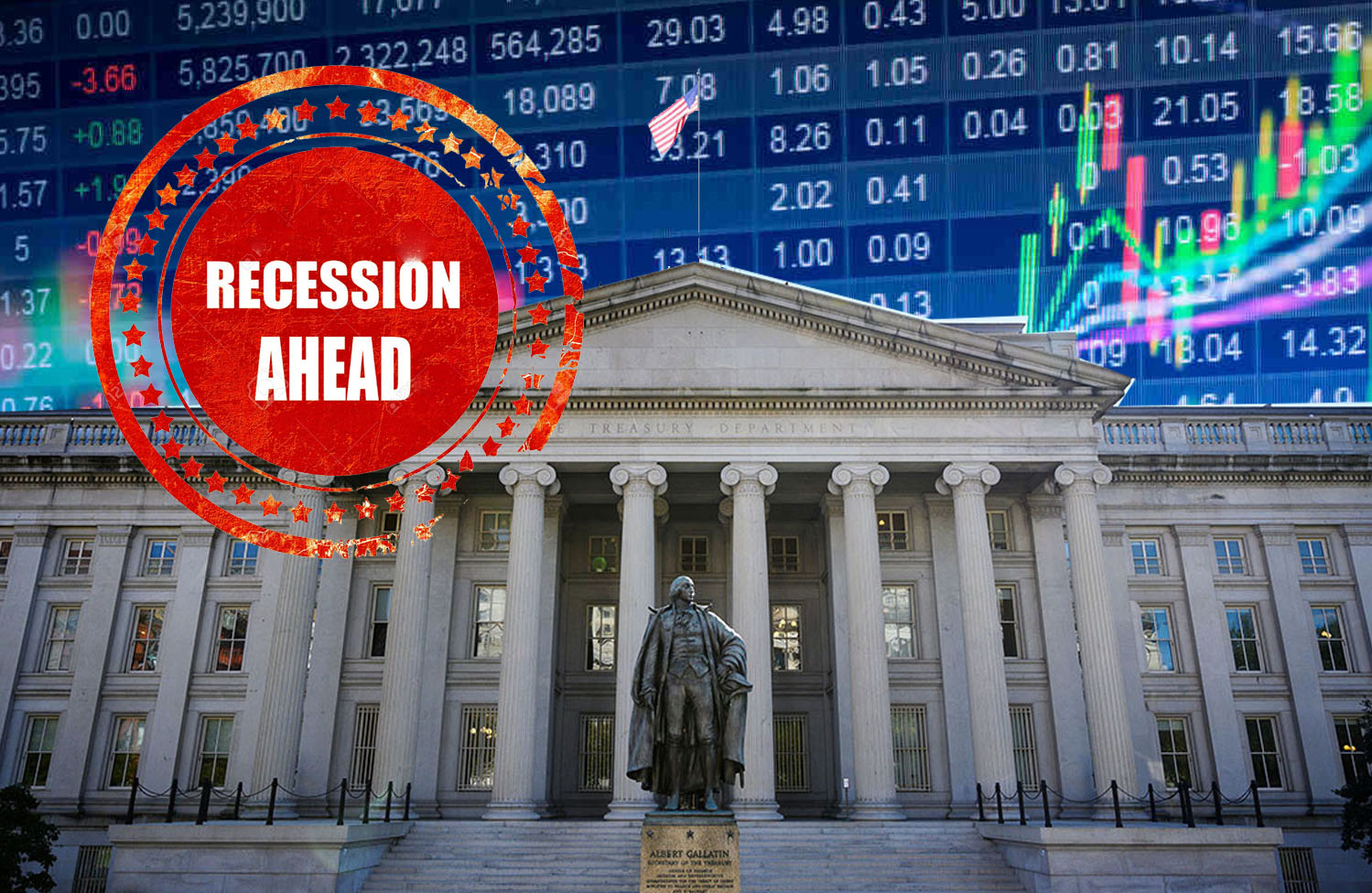Back in 2003, when Robert Lucas, a distinguished Nobel laureate and practitioner of economic principals, he discussed how the field of macroeconomics came to be “as part of the intellectual response to the Great Depression,” and he went onto explain that macroeconomics would continue to stave off depression for the foreseeable future. He was, of course, painfully incorrect.
In 2008, the United States endured its worst financial crisis since the Great Depression, leaving many without homes, jobs, or really much of anything. Naturally, when an economic meltdown takes place, voters blame the nearest sitting president which, at the time, was Former President Barack Obama.
Over a decade has passed since the 2008 financial crisis and the U.S. economy has, for all intents and purposes, rebounded from such events. Having said that, trillions of dollars in were lost at the time in terms of personal wealth. The U.S. government itself lost somewhere around $5 trillion to $10 trillion worth of economic output. Pausing for a moment because I’ve been terribly rude. Some of you aren’t aware what caused the ’08 downturn in the first place. Well, it all started with those darned subprime mortgages and mortgage-backed securities.
A subprime mortgage is a long-term loan issued to an individual who, at one time, may have not been a very trustworthy individual and failed to repay their accumulated debts. These risky borrowers were given loans from major banking institutions to purchase things like cars, houses, and other investments that most people don’t have cash on-hand to procure. Hmm, lending money to people who’ve defaulted on loans before, sure, there’s no way this can turn sour.
So, we’ve given mortgages to people who’ve defaulted on loans before, no issue there, but banks needed to figure out how to cover their assets in the event that one of these people again defaulted on a payment.
Enter Mortgage-Backed securities, stage right, looking just terrifying….
Mortgage-Backed security was created by banks to sell claims to repayment streams from of a group of people’s subprime mortgages. For example, one could purchase one of these securities that had within it several subprime mortgages from those risky individuals we spoke about earlier. Interestingly enough, banks sold mortgage-backed securities to other banks who would then split up the securities into smaller chunks and sell those off to other banks.
Soon enough, millions of subprime mortgage borrowers had their loan repayments in the hands of banks across the country. But these banking institutions failed to recognize one crucial detail about all of this; the original borrowers of the subprime mortgages were approved for loans even though they had a history of failing to make good on payments.
To put it in more simpler terms, banks tried to make money off the fact that people wouldn’t pay their bills, but the revenue was supposed to be generated from people paying their bills; it made no sense. And, that, my friends, was the cause of the 2008 recession.
When the recession hit ten years ago, there were signs of economic downturn but no one had even the slightest clue that it would end up like it did. The same set of scenarios are presenting themselves currently and many are worried that another recession sits on the horizon. Interestingly enough, several financial experts have said that, while we can’t predict a recession, the U.S. government can enact certain automatic legislative policies to kick in as soon as economic troubles come around.
In the newest edition of Law and Macroeconomics: Legal Remedies to Recessions, Yale economist and law professor Yair Listokin argues that in the event of future recessions, the federal government should lower the cost of utilities for the American people so, in a time of crisis, we still have access to electricity, water, and heat. Other analysts have suggested that the government offer more employment opportunities to stimulate the economy during a recessionary period. If the government were to offer federally subsidized employment programs, it could assist low-income families in staying afloat.
When it all comes down to it, we have no idea if/when America will endure another financial crisis, but the U.S. government can prepare the nation in the meantime.





